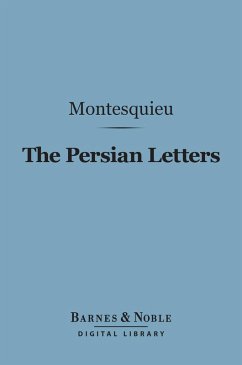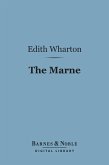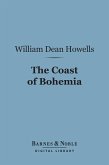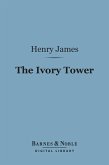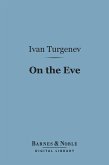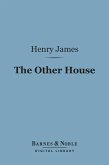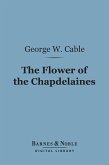In this 1721 satire, two Persian noblemen, Usbek and Rica, travel to France, commenting on their adventures in letters to family and mullahs back home. This early model for the epistolary novel sends up Parisian culture and society, including cafés, salons, the theater, fashion, religion, royalty, and even the emerging mass media of prints and periodicals.
Dieser Download kann aus rechtlichen Gründen nur mit Rechnungsadresse in A, D ausgeliefert werden.

